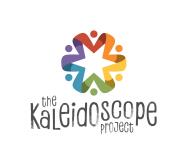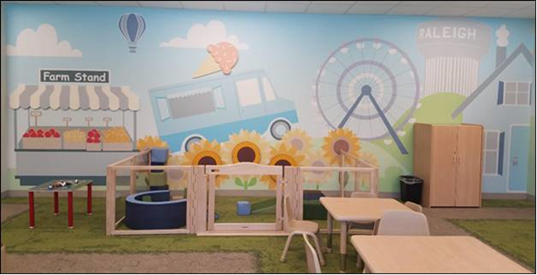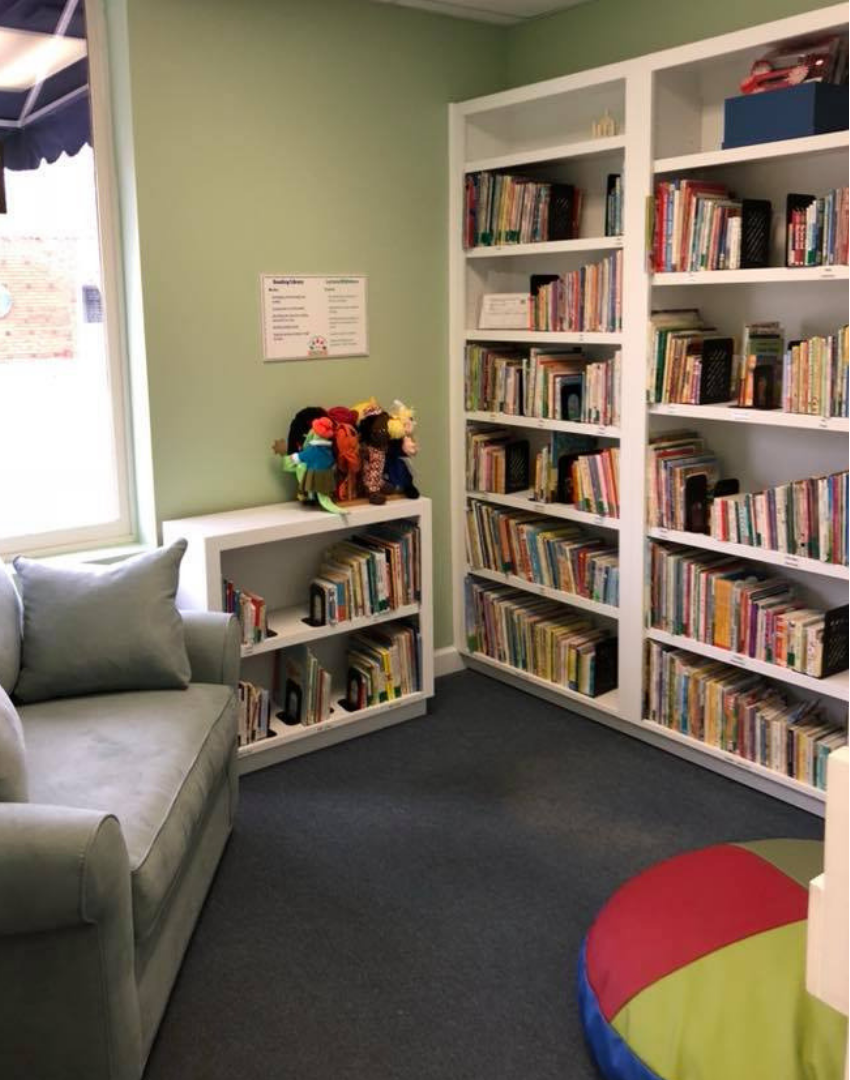The Kaleidoscope Project – Connecting Environments to Children's Mental Health

More than four years ago, The Kaleidoscope Project made its debut in Wake County. The project, funded by the John Rex Endowment, “turns places kids go into places kids grow” through bringing to life five best practices in a range of places where vulnerable children, typically age 0-8, spend time living, learning and growing.
The Kaleidoscope Project is grounded in a 2015 comprehensive plan, led by the Duke Center for Child and Family Policy. The plan brings together research, community input, and expert advice to create the five best practices for childhood environments that impact mental health and social emotional well-being throughout life. One key strategy of Kaleidoscope has been to work with community partners to renovate places where vulnerable children spend time, exemplifying the best practices in the real world. The team also focuses on outreach, education and training throughout the county.
The best practices are practical and considered by some as common sense guidelines for creating environments where all children thrive. Each can be implemented in a variety of ways such as through policy, practice, physical characteristics and people’s actions. Especially for vulnerable children, paying attention to these best practices and implementing just a few ideas – or many – can have important impact in a child’s life.
To do this work, five community partners and the Endowment are working collaboratively to enhance children’s places so that all children grow up nurtured by supportive environments and become adults who benefit from and contribute to healthy communities. The partners bring specific expertise to the work, strengthening Kaleidoscope’s impact. They are the Lucy Daniels Center, Marbles Kids Museum, the Natural Learning Initiative (College of Design, NCSU), REACH (Passage Home program) and Wake County SmartStart.
 Best Practices in Action
Best Practices in Action
Over the past four years, the Kaleidoscope team has worked with sites on projects ranging from creating spaces for parent-child relationship building and therapy, to outdoor gardening and recreational spaces, and from offering special staff training and parent nights to creating a dedicated space for children and families experiencing homelessness while parents are accessing services.
 Melissa Forde, Kaleidoscope’s Community Engagement Director, describes a best practice that was embraced by an organization's lead teacher. "We were taking a planning tour of the space at the East Wake Education Foundation and pointing out that there was no quiet place for children to read. The teacher immediately said, 'I can move my desk out of this room so we can create that space,' and she did. Now there is a library where children are eager to sit and read. We painted the room to make it calming and welcoming, added a small sofa, and now teachers, staff, parents and children spend quiet time together reading. It was a doable, achievable small change that had big impact.”
Melissa Forde, Kaleidoscope’s Community Engagement Director, describes a best practice that was embraced by an organization's lead teacher. "We were taking a planning tour of the space at the East Wake Education Foundation and pointing out that there was no quiet place for children to read. The teacher immediately said, 'I can move my desk out of this room so we can create that space,' and she did. Now there is a library where children are eager to sit and read. We painted the room to make it calming and welcoming, added a small sofa, and now teachers, staff, parents and children spend quiet time together reading. It was a doable, achievable small change that had big impact.”
Examples of some of the types of sites that have been impacted by Kaleidoscope include:
- Early childhood care and education locations
- An affordable housing community and a community center
- A family shelter, transitional housing program and a homeless multi-services center
- Locations hosting foster child/birth parent visits and other human services
Angie Welsh, Kaleidoscope Project Director, says, "We know our work has value in helping focus the lens on children's emotional, mental and social well-being from an environmental and relationships point of view. Research supports our strategies, especially for vulnerable children. Our growing understanding about Adverse Childhood Experiences (ACEs) is leading to stronger efforts to build resilience throughout Wake County, and we are excited to be a partner in the important work to make sure our children are healthy and successful.”
Resources:
- See descriptions and examples of the best practices
- For more information about Kaleidoscope contact Angie Welsh at AWelsh@kaleidoscopewake.org or Melissa Forde at MForde@kaleidoscopewake.org
- To learn about Adverse Childhood Experiences (ACEs) and the efforts being done in Wake County, see: SAFEchild: ACEs Resilience Initiative

